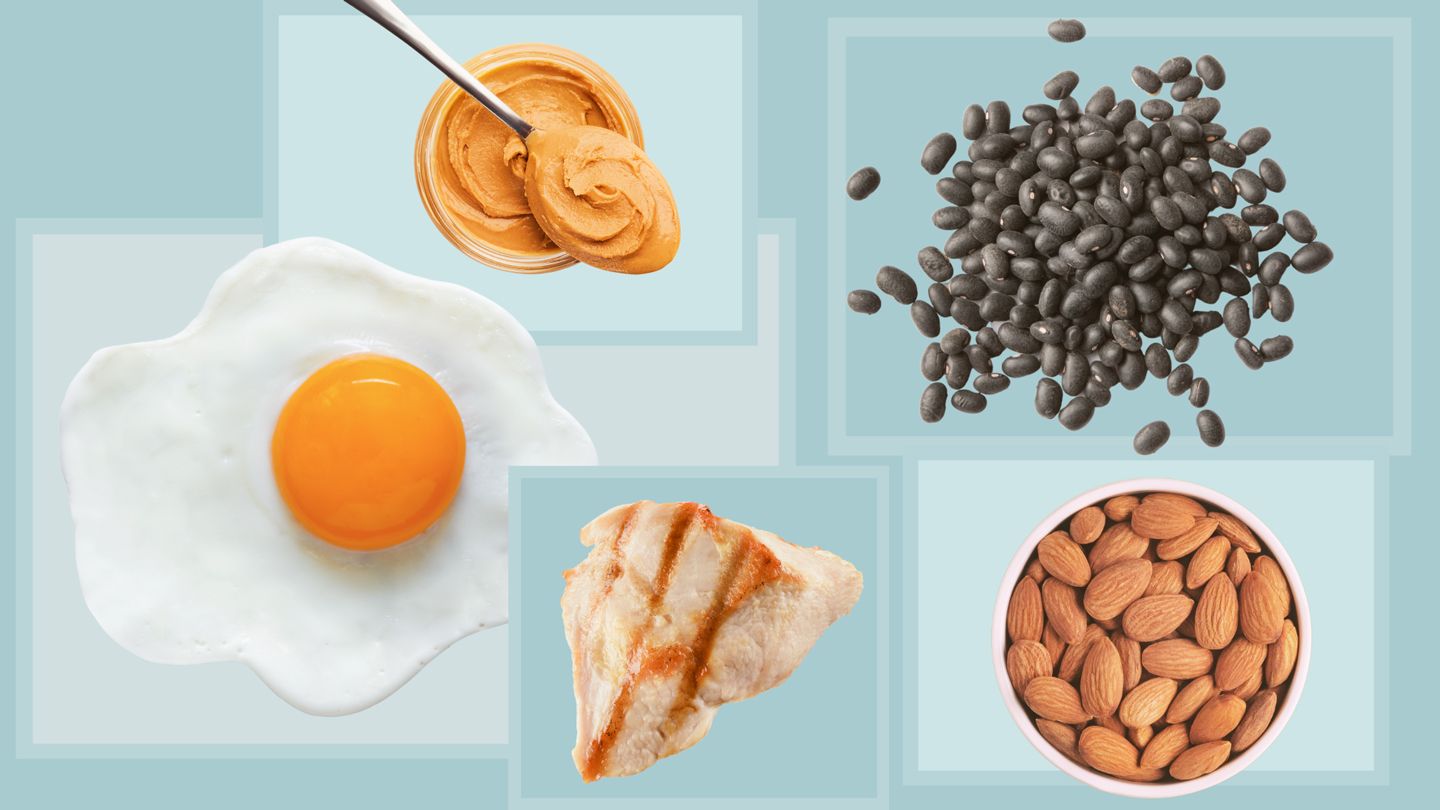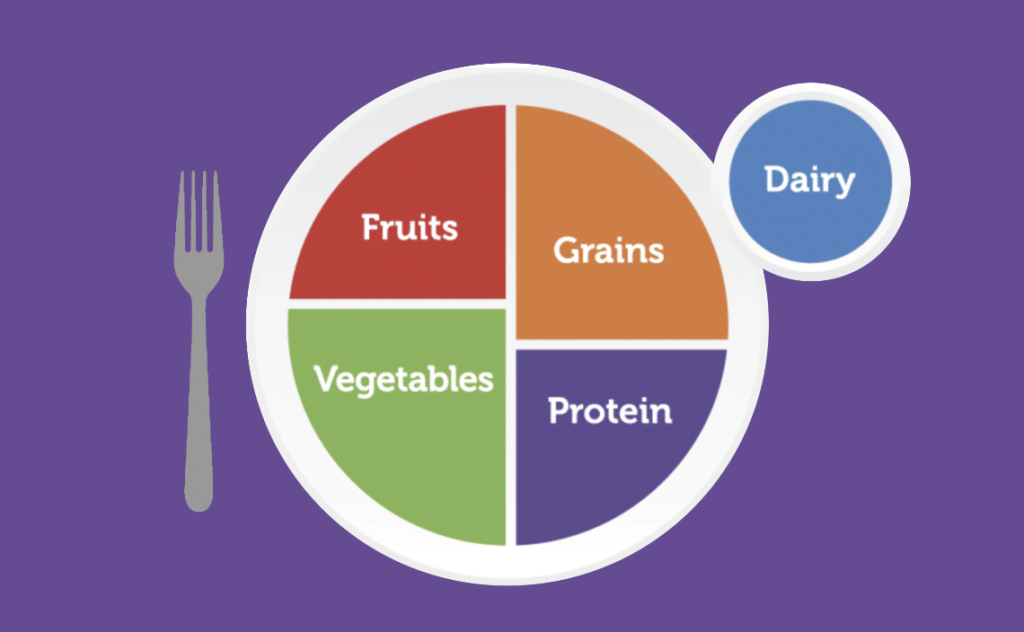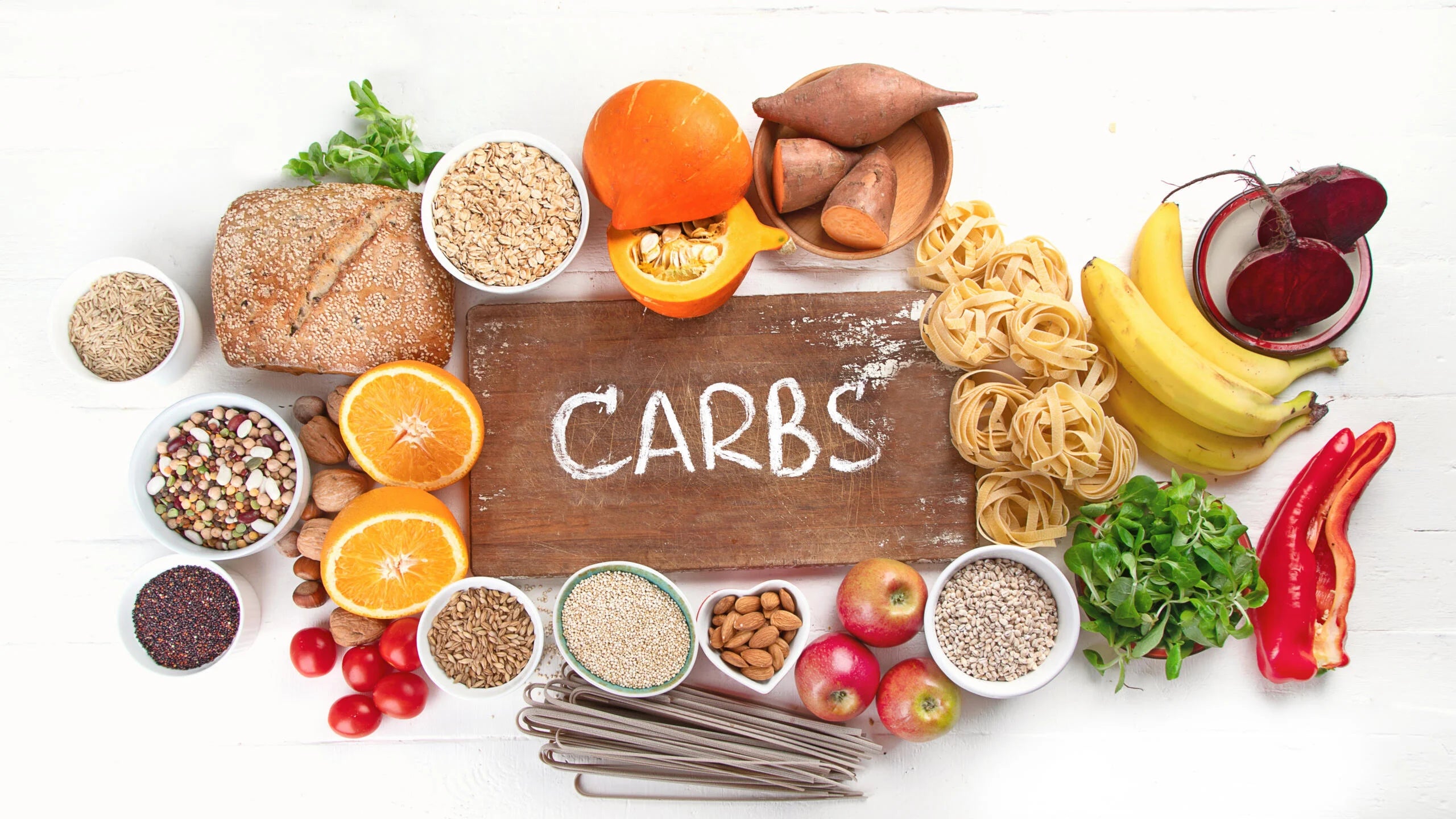
What are Proteins
Proteins can be found in any animal based product and some plant based ones too. We ourselves are made up of proteins, from our skin and hair to our beating hearts.
Defined from a nutritional point they are structures of molecules that are made from amino acids, which are linked together through peptide bonds. There are over 500 known amino acids and so combinations of proteins are varied and abundent.
Common examples include Meat, Eggs, Milk, Soy and Nuts.
Proteins are essential to the body, they help repair muscles and are key for the growth of young children. You will often see body builders eating protein bars or meals with a large amount of meat. This is to provide the body with essential chemicals for repairing torn muscle. Not everyone should be eating protein in high amounts though, as most people do not do the necessary amount of exercise to warrant such an abundance.
In nutrition proteins are segmented into three categories for the body; Essential, Non-Essential and Conditional.
Essential Proteins
The Essential Proteins are the amino acids that cannot be produced by the body, so we must get them from food sources.
Non-essential Proteins
Non-essential Proteins are made up of the amino acids produced by our bodies. They are a by-product of the other Proteins we have eaten.
Conditional Proteins
Conditional Proteins are the chemicals the body only require when repairing itself or recovering from an illness. They can be found in specific foods, or if a person suffers from a life-long medical condition they will obtain them from supplements.
Why does the body need proteins?
Proteins as a source of energy and nutrition
Proteins in the body are used as enzymes that deal with metabolism, DNA replication, muscle repair and about 4000 other known reactions.
Though proteins are used to repair and build up the body, they do not make the best sources of energy. This job is often taken on by carbohydrates and proteins have their uses elsewhere.
An excess of Proteins like any other food group can be harmful to the body. The digested Proteins become amino acids and travel through the blood stream. When the body expels the excess chemicals through urination, the amino acids must pass through the Kidneys. While the Kidneys have evolved to deal with an excess amount of amino acids, it can lead to Kidney stones over a long period.
Due to the variety of structures that amino acids can take, some bodies can process certain Proteins and others can not, causing an allergic reaction. Common examples include Milk, Peanuts and Shellfish. Just like any other kind of food, the quality of Proteins can vary greatly. Through breeding to raising, how the food is developed goes a long way to what you're eating.


